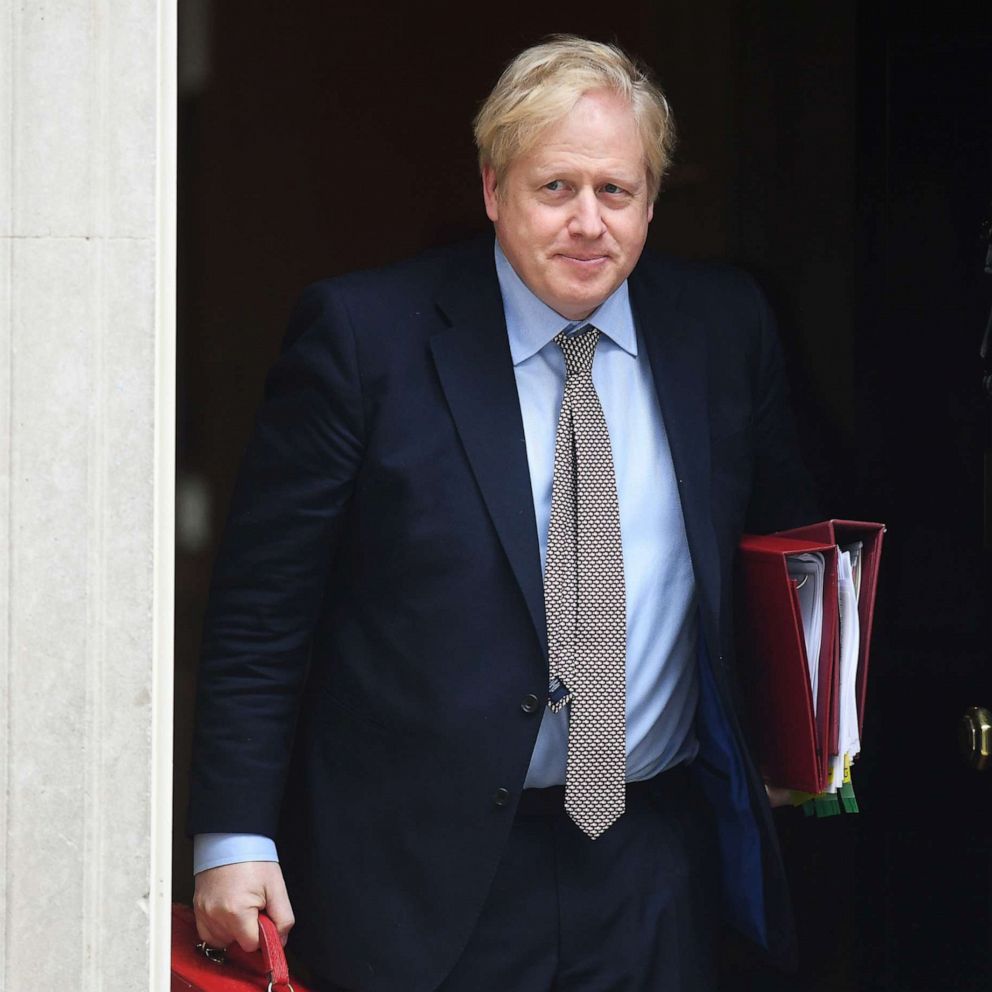Man in France may be country's earliest COVID-19 case
Hammar was infected on Dec. 27, a month before cases were detected in Europe.
PARIS -- For Amirouche Hammar, it started with a phone call from a doctor at his local hospital in a Paris suburb. "When he told me the news that I'm positive with COVID-19, frankly it shocked me a little," Hammar told ABC News. The 43-year-old found out ten days ago that he was infected with the virus back in December, over a month before the first cases were recorded in Europe.
France, where more than 25,000 people have died from COVID-19 since March 1, confirmed its first three cases on January 24.
But Professor Yves Cohen, the head of the intensive care unit at a Paris suburban hospital, made a surprising discovery when his team checked old test samples of patients with pneumonia in December and January. Out of 24 patients, one patient's sample from Dec. 27 twice tested positive for COVID-19 -- Amirouche Hammar’s.
"Frankly, I never suspected it. Even my family, loved ones said to me, 'I think [COVID's] what you got'. But the disease had just started in China ... For me it was a local disease, in a region in China," he said.
Amirouche Hammar recalled the days before his hospitalization and described symptoms which are now familiar: dry cough, fever, fatigue and severe breathing difficulties. He first thought it was the flu but after feeling chest pains like "an electric shock," he went to the hospital.
At the hospital, the diagnosis was clear: a lung infection. His situation deteriorated quickly and doctors decided that he needed intensive care and placed him on oxygen.
Is Hammar France’s earliest COVID-19 case?
The father of four had not traveled abroad before falling ill in December. The causes of his contamination remain hypothetical but Amirouche believes his wife might have infected him. "Maybe it was me," said Fatiha Hammar. "I’m the only one who works." Her husband, she said, only goes to school and shopping.
"I go to work so it is possible that I was in contact with the clients, perhaps," she said. Fatiha Hammar, who works as a fishmonger in a big shopping center, had also shown symptoms of fatigue a few days before her husband fell ill, but they had only lasted three days. After Amirouche, their two children, 10 and 5 years old, were hospitalized with the same symptoms. "They had coughs, colds, and the eldest had a fever," said Amirouche.
World Health Organization epidemiologist Maria Van Kerkhoven said in Geneva on Wednesday that it was "possible that there could have been a case as early as December" in France. The WHO urged countries to investigate any other early suspicious cases.
The Pasteur Institute conducted a study released on April 29 which backs the possibility of earlier COVID cases in France than previously reported, even among people who haven't traveled to China. The French researchers analyzed several patient samples collected in France between Jan. 24 and March 24 and found that the virus had been circulating in France since January, well before cases were reported in March. The study also disproved the travel-based narrative for the earliest cases by revealing that the virus was already circulating at a low level in France by mid-January. People infected with this virus strain had mild or no symptoms.
The family is doing well now and Amirouche feels grateful his life were spared. "I’ve been miraculously saved from a disease that is wreaking havoc, it’s a tidal wave," said Amirouche. But the household is under stress since Cohen's phone call gave them the news. "As soon as I hear a cough, my heart is pounding," said Fatiha Hammar. "We don’t live normally with this disease anymore."
What to know about coronavirus:
- How it started and how to protect yourself: Coronavirus explained
- What to do if you have symptoms: Coronavirus symptoms
- Tracking the spread in the U.S. and worldwide: Coronavirus map






